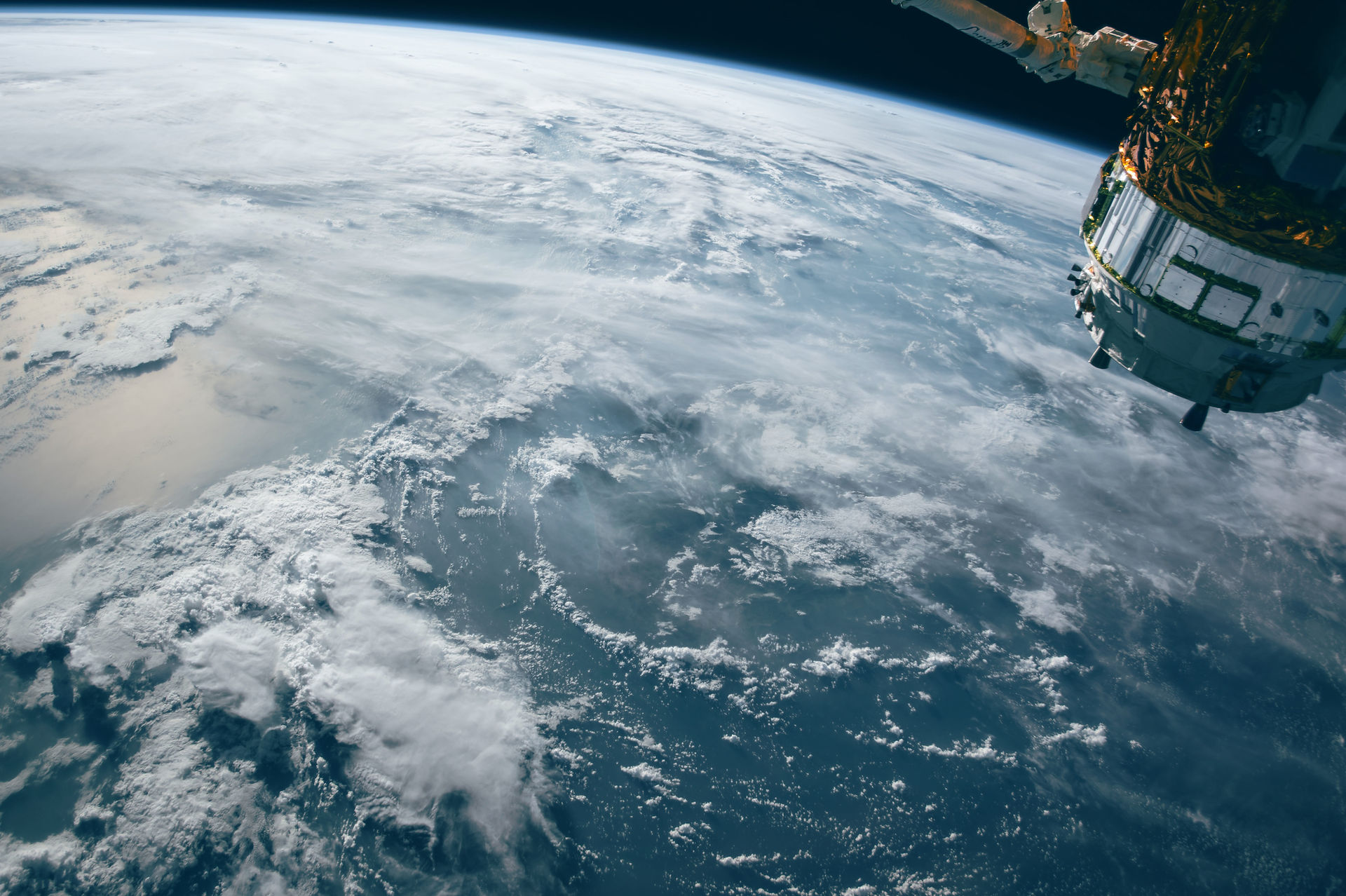

The World Environment Summit
in SDGs Virtual City
Mukhsinkhuja ABDURAKHMONOV, ambassador extraordinary and plenty potentially of the Republic of Uzbekistan to Japan.
(as of December, 2021)
speech
Your Excellency, distinguished guests, ladies and gentlemen, I’m Mukhsinkhuja ABDURAKHMONOV, ambassador extraordinary and plenty potentially of the Republic of Uzbekistan to Japan.
It’s my pleasure and honor to participate in the fourth international environmental summit in SDGs Virtual City by sending this video message.
Now, I’m sending this video message from the city of Nuku which is in the next to Aral Sea.
Today, I would like to tell about one of the worst environmental disasters of the planet, Aral Sea tragedy.
The Aral Sea is situated in central Asia between the southern part of Kazakhstan and northwestern part of Uzbekistan.
Up until the third quarter of the 20th century, it was the world’s fourth largest saline lake.
The two rivers that fed are the Amu-Darya and Syr-Darya reaching the sea through the south and the north respectively.
In 1960’s, the Soviet government decided to divert those rivers from supplying the Aral Sea to irrigate the desert region in Uzbekistan in order to develop agriculture there.
The water level in the Aral Sea started drastically decreasing from the 1960’s onward.
Satellite images by NASA in august 2014 revealed that for the first time in modern history the eastern basin of the Aral Sea had completely dried up.
Today, the area of Aral Sea is less than 10% of the 1960’s level.
The Aral Sea disaster has a number of negative consequences including land degradation and desertification, shortage of the drinking water, malnutrition, deterioration of health conditions and livelihoods.
That in the last 55 years, a new dessert called Aral Sea appeared on the dried bottom of the Aral Sea on an area on 5.2million hectares as in any other desert in the world.
The Aral Sea does not have any infrastructure and social conditions necessary for human wellbeing, socio-economic development biodiversity and ecosystem support.
A number of measures have been taken by the republic of Uzbekistan and the other central Asian countries as well as the UN bodies, international donors and other partners to mitigate the effects of the drying up of the Aral Sea.
In the particular four programs of the Aral Sea basin ODHD, as well as many other national and international projects have been implemented under the auspice of organization for security and cooperation OSCE.
Nevertheless, the situation in the region shows the need for the urgent measures to ensure the socio-economic development of the Aral Sea region and wellbeing of the local population.
The Aral Sea catastrophe is not only a local problem, but also a regional and global one.
It is a vivid example of the importance of stepping up work to preserve the environment.
The policy of good neighborness and neighboring countries of the region pursued by the president of the republic of Uzbekistan, his excellency Shavkat Mirziyoyev is designed to help to consolidate the efforts of these states in solving the environmental problem of the Aral Sea and raising the standard of living of the preparation of the region.
In recent years, Uzbekistan has been taking several comprehensive long -term measures to minimize the consequences of the Aral Sea disaster and reduce the negative impact of climate change.
In 2018, after ten-year break, a meeting of the international fund for saving the Aral Sea was held in Turkmenistan.
In the same year on the initiative of the President of Uzbekistan, the UN multinational trust fund for human security was created for the Aral Sea region.
At the suggestion of his excellency President of Uzbekistan, Shavkat Mirziyoyev on May 18, 2020-21, the UN general assembly anonymously adopted a special resolution declaring the Aral Sea region a zone of environmental innovations and technologies.
The resolution was soponsored by about 60 states of the world including Japan.
Decisive actions are being taken to combat drought and water shortages, mitigate the consequences of the Aral Sea disaster and develop the Aral Sea region to join efforts with interested partners.
In 2022 in the Aral Sea region in NUKU city where now I am in cooperation with the United Nations, high level international forum on green energy will be held.
This event will become an important step in implementation of the UN general assembly special resolution approved in May this year on declaring the Aral Sea region as a zone of environmental innovations and technologies.
The Japanese government is financing a world bank project aimed at strengthening the resilience of local communities to environmental and economic vulnerabilities as well as improving public health and human capacity, potential in the Aral Sea region.
Besides, under the financial and consultative support of JICA and Japan science and technology and agency JST a consortium of Japanese and Uzbek universities are working on implementing the project for development of innovative climate resilient technologies for monitoring and controlling of water use of efficiency and impact of salinization of crop productivity and livelihood in Aral Sea region.
In general, Uzbekistan’s long-term policy in ensuring environmental protection, ecological balance and rational use of water resources is highly urgent against the background of the actualization of international climate agenda.
Our efforts are supposed to contribute to the further improvement of the ecological situation, not only Uzbekistan, but also in the central Asian region as a whole.
In conclusion, I would like to note that the Aral Sea problem requires the collaborative effort of both public and private sector as the damage is already extensive, and we need all the help we can get to turn these things around for the better.
Thank you very much for your attention.
.png)